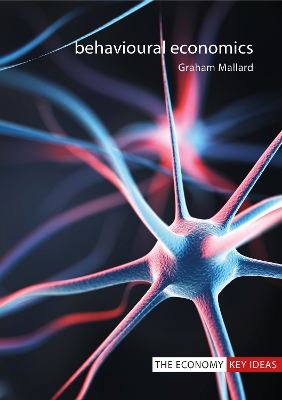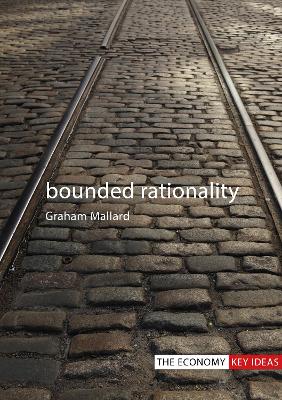The Economy Key Ideas
2 total works
The rise of behavioural approaches in economics has been one of most significant developments in the study of economic decision-making in recent years. The increasingly acknowledged failings of standard models of choice to explain economic decisions has prompted economists to incorporate into their analysis psychological insights into individual behaviour, such as social cognitive and emotional biases. This book introduces the topic of behavioural economics to a beginning readership, explaining its approach and methodology and assessing its successes and weaknesses.
The book begins by tracing the evolution of the field from its origins in Adam Smith’s moral sentiments through the work of Herbert Simon to Daniel Kahneman and Richard Thaler today. The book explores how behavioural economics has advanced our understanding of human preferences including notions of fairness, reciprocity and inequality aversion, and the mental processes involved in decision making, which vary with the complexity of the decision and the ability of the decision-maker to process the information. The decision-making of individuals within social and economic groups is explored, including financial practitioners and what this can mean for financial markets. Finally the book looks at the ways in which findings from behavioural economics have been used to alter the decisions people make, such as the nudge approach, and the ethics of such persuasion.
Understanding how we take economic decisions and how we depart from rational choice theory has become increasingly important to understanding the workings of the economy at all levels. The concept of bounded rationality has been central to that endeavour and is used in economic models to shed light on real-life behaviour, which has led to specific policy implications that would otherwise have gone unappreciated.
This introduction presents the key concepts and approaches adopted in the field of bounded rationality. The exposition is non-technical and free from any mathematical expressions and workings. The focus throughout is primarily on the behaviour of individuals or organizations within given situations rather than on macroeconomic concerns. The book examines how the field has evolved since its beginnings and assesses the strengths and weaknesses of its current research programme, including its relationship with behavioural economics.
The book is excellent preparatory reading for degree-level courses in economics as well as specific courses in behavioural economics and philosophy of economics.

